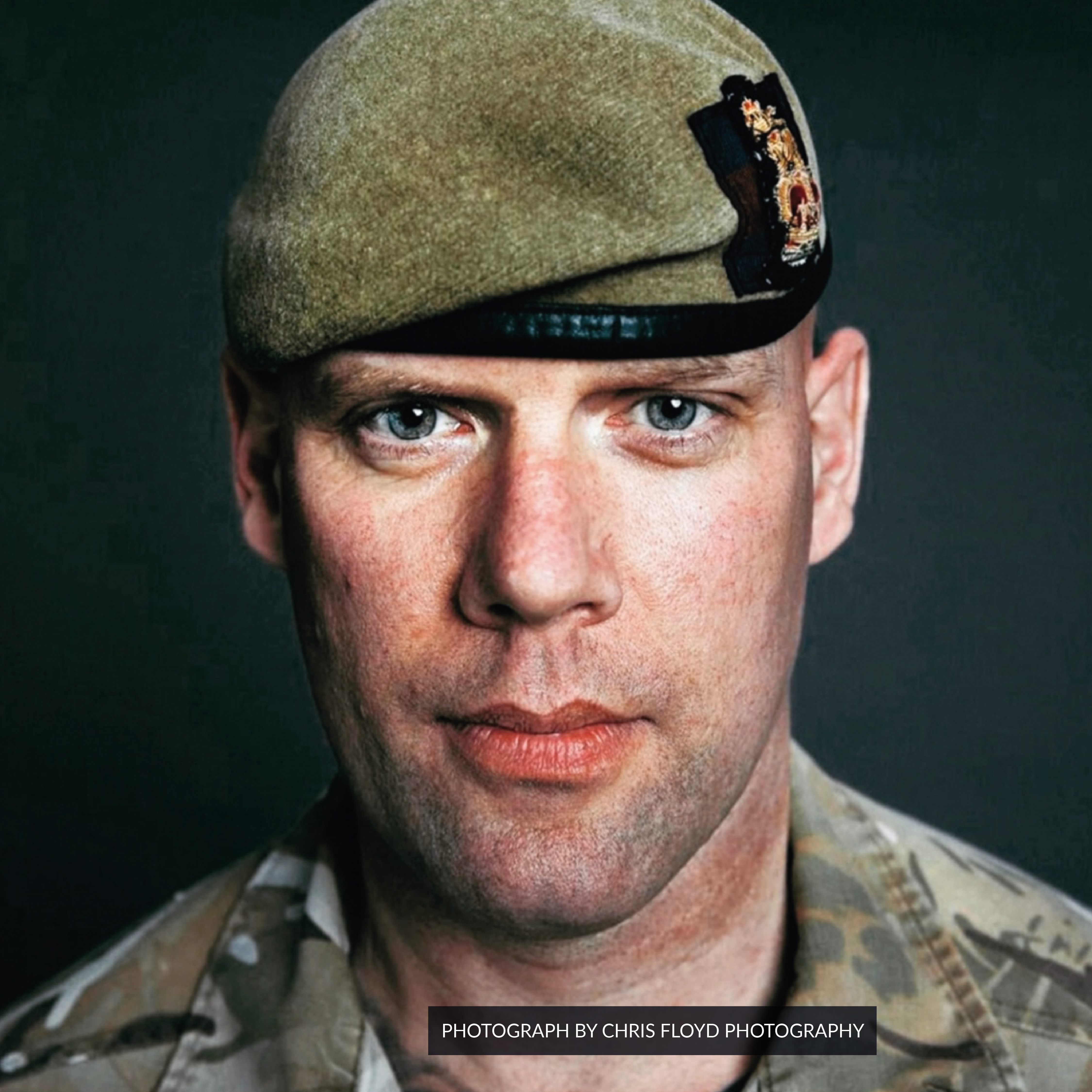Sgt Major Glenn Haughton's tips on beating the blues
Armed Forces Mental Health and Well-being Champion, Sergeant Major Glenn Haughton, shares his Top Tips on beating the blues.
January is renowned for being the most depressing month of the year. Add a global pandemic, then it’s not surprising that we are all feeling blue.
Scotty’s Little Soldiers’ ambassador, Sergeant Major Glenn Haughton, has spent more than 30 years in the Army. He’s served from Guardsman to Senior Enlisted Advisor to the Chiefs and has been deployed on operations all over the world, providing him with invaluable life skills.
Here, Glenn, who is the UK Armed Forces Health and Well-Being Champion, shares some life lessons he’s learnt from his time in service…

Block error: "Argument 1 passed to esc() must be of the type string, null given, called in /srv/users/scottys-little-soliders-beta/apps/scottys-little-soliders-beta/public/kirby/config/methods.php on line 344" in block type: "image"
1. It’s time to talk
One of the most important things I’ve learned from years of deployments is how important it is to process emotion and communicate.
We live in a world that often stigmatises mental health, but there comes a point where we all need to take care of ourselves and each other.
I know from previous personal experience how easy it is to think that in order to be strong, you also have to be silent. Poor mental health doesn’t discriminate and can affect anybody when they least expect it.
Sharing my own experiences changed my life for the better and it is often the first step to recovery. Don’t suffer in silence, you’re not alone, there is help out there if you are willing to find it.
2. Fitness is a lifestyle
Throughout the years, I have had to perform at peak physical fitness. I’ve learnt the importance of good health, nutrition and rehabilitation. I have been tested to my limits and got through it because of tough training.
Physical and mental fitness go hand in hand, and I train both every single day for my own well-being. I practice rigorous physical exercise as well as meditation as part of my daily routine, and the periods of lockdown we have had to endure have reminded me that you don’t necessarily need a gym to exercise.
3. Routine
More than anything, the Army has taught me the importance of routine and keeping a daily battle rhythm.
Waking up to a day with a clear routine is essential for efficiency and success. You won’t always be motivated, so you must remain disciplined.
During the lockdowns I have developed a clear routine to keep me fit both mentally and physically. It is important to keep a week as a week and the weekends for down time.
4. No Man (or woman) is an island
It’s a cliché, but the best part of my 33 years of service has been the people I have served with. Whether it’s the military humour after the worst day of your life on operations, or the text message from a mate you haven’t spoken to for years, communicating and connecting with others makes us better people and is a key and essential part of military life. Reach out to those that may be lonely or vulnerable. It will make you feel good too.
